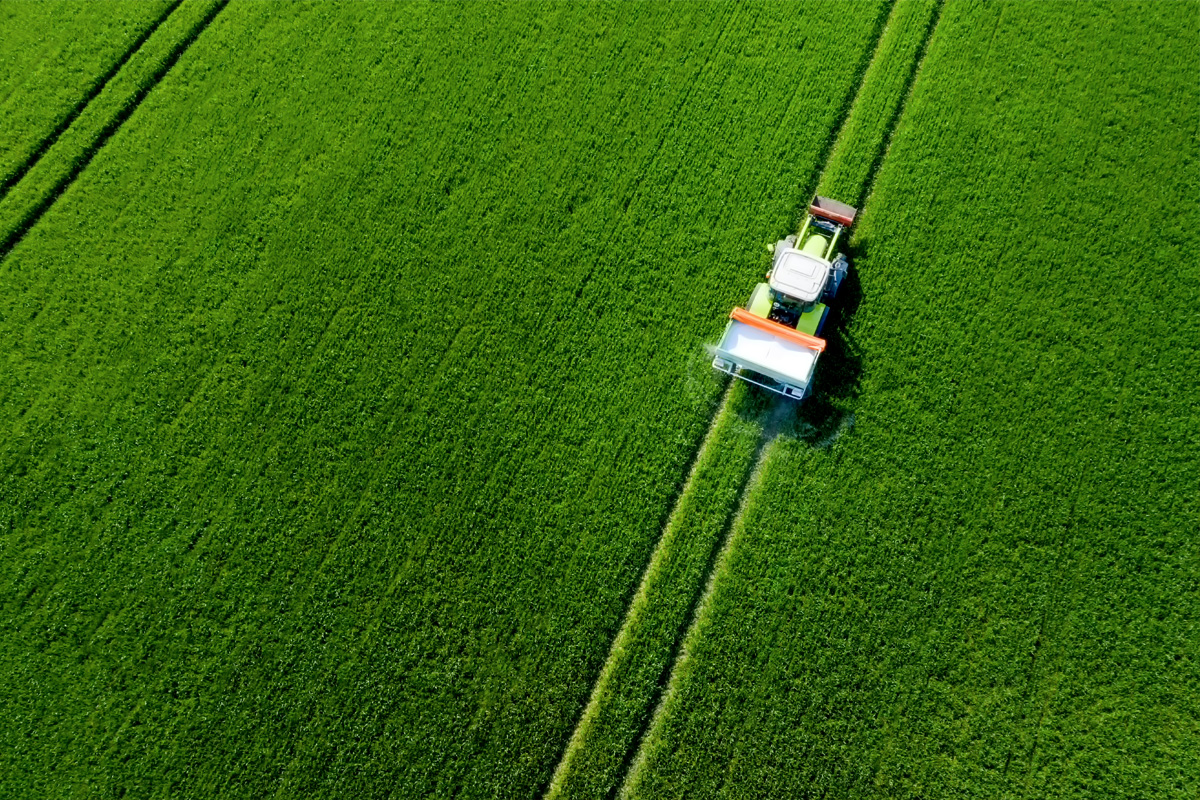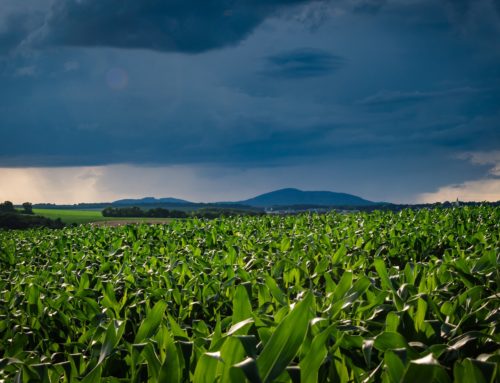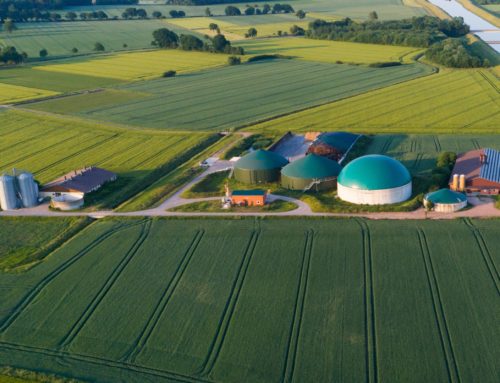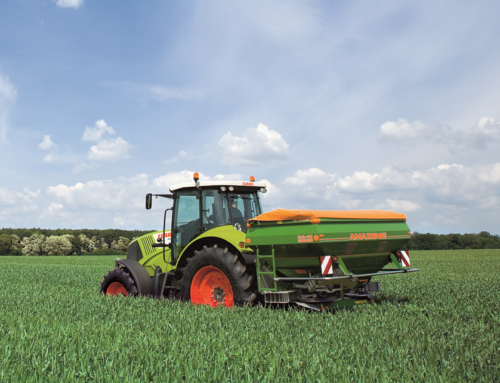Fertilisation planning and accountability in the agriculture sector
The bureaucratic burden in farming is tremendously heavy.. With fertilisation planning on arable farms in particular there are many documents that farmers must fill out in detail. Tight deadlines, the different requirements in the different German federal states and the framework conditions of European agricultural policy can make their work even more complicated. Ensuring compliance with such a wide range of regulations can be particularly time-consuming during periods with particularly heavy workloads. It is only natural that farmers focus all their attention on their outdoor work during these busy periods. As a result, office work is often done simultaneously or after work in the evening. At times like this it becomes really clear just how much effort is spent on fertilisation planning and accountability. The combination of deadlines and requirements described above makes clear fertilisation planning necessary to ensure that all crops are provided with sufficient nutrients. Fertilisation planning for eutrophicated and red areas, resulting from the EU Nitrates Directive, can be a particularly challenging task. Important aspects when accountability is taken into account include reporting channels, timings and digitalisation potential. One possible approach for meeting these requirements is to make existing documentation usable for farm management and to avoid multiple reports that can be particularly problematic in livestock farming. Digital solutions are an excellent option for reducing the amount of time spent on documentation and simplifying fertilisation planning.
Nutrient management requirements
Basically farmers cannot do without general documentation on crop production measures. Detailed documentation is required simply for business planning alone. As a result data, which can also be used for the fertiliser planning, are produced. When it comes to cultivation planning and field management in arable farming, farmers use detailed field catalogues. In these catalogues all crops and measures are recorded and documented for each field individually. The quantity of fertilisers applied and the effects, arising from the organisation of crop rotation, can be displayed clearly. An analysis of soil samples is a sensible , in order to be able to make precise statements about the nutrient levels in the soils. This information can be used as an additional decision-making tool when preparing arable farming measures and creating fertiliser plans. In addition, a range of plant protection products, seeds and fertilisers with different properties is available. In addition to purchased goods, biogas and livestock farms also produce their own nutrients that are also used in crop cultivation. The properties of the fertilisers are included in the fertilisation planning, which is produced individually for each field. For organic fertilisers, there are specific provisions set out in the applicable directives. For this, the organic substances are inspected and the properties documented for internal use. In order to ensure that all crops have a sufficient supply of nutrients, farmers must take not only the nutrient needs of their crops into account but also the German Fertiliser Ordinance. It can be costly and time-consuming to coordinate these two factors. Farm Management Information Systems can help to lighten the workload: they display all the workflows on the farm and simplify fertilisation planning.

Digital solutions for fertilisation planning
Digital solutions are ideal for keeping track of changing laws and federal state-specific requirements and at the same time creating a needs-oriented fertilisation plan. The DELOS Nutrient Management component on the 365FarmNet platform offers a versatile foundation for planning. The comprehensive functions make it possible to create fertiliser requirement plans, material flow balances and nutrient plans quickly, easily and in accordance with the requirements of the individual federal states. The DELOS Nutrient Management component has a field catalogue that can be used to maintain an overview of crop cultivation. The field boundaries are automatically imported from agricultural entries or the farm data in the 365FarmNet account without the need to re-enter the data. Therefore, the DELOS Nutrient Management component can be used for fertilisation planning after just a few steps. In accordance with the applicable legal provisions, the nitrogen and phosphorus requirements of the crops must be calculated before the first fertilisation. This is also included in the DELOS Nutrient Management component. So that the nutrients in the soil can be taken into account during the planning, soil samples can be imported into the 365FarmNet platform. For planning for the entire farm with regard to the red areas, the fields are separately identified and individually taken into account. The quantities in the fertilisation planning can therefore be automatically adapted to the requirements. Upper limit values for organic fertilisers are also included for each specific field. The annual fertiliser quantities determined for the farm in this way are always calculated in accordance with the currently applicable legal provisions. For purchased fertilisers, farmers can keep an eye on stock levels by means of an integrated delivery note management. A comparison of requirements and quantities guarantees precise fertilisation planning. The documentation is then done by means of a material flow balance in accordance with the current German Fertiliser Ordinance. Another great advantage of the DELOS Nutrient Management component is the different interfaces to reporting programmes, such as the Reporting Programme for Farmyard Manure and the Programme for Electronic Nutrient Reporting in Lower Saxony (ENNI). Evidence about the measures performed is therefore transmitted directly from the fertilisation planning. It is also possible to generate 2‑day reports on recorded fertilisation activities.
To summarise, digital solutions can significantly reduce the time spent on documentation and accountability on arable farms. Complicated and extensive requirements, specific framework conditions and adjustments can be clearly mapped by means of Farm Management Information Systems. Integrated interfaces shorten reporting channels and make the planning of measures more efficient.
press contact
Yasmin Moehring
Tel. +49 30 25 93 29–901
Mobil +49 151 17 28 18 69
moehring@365farmnet.com



